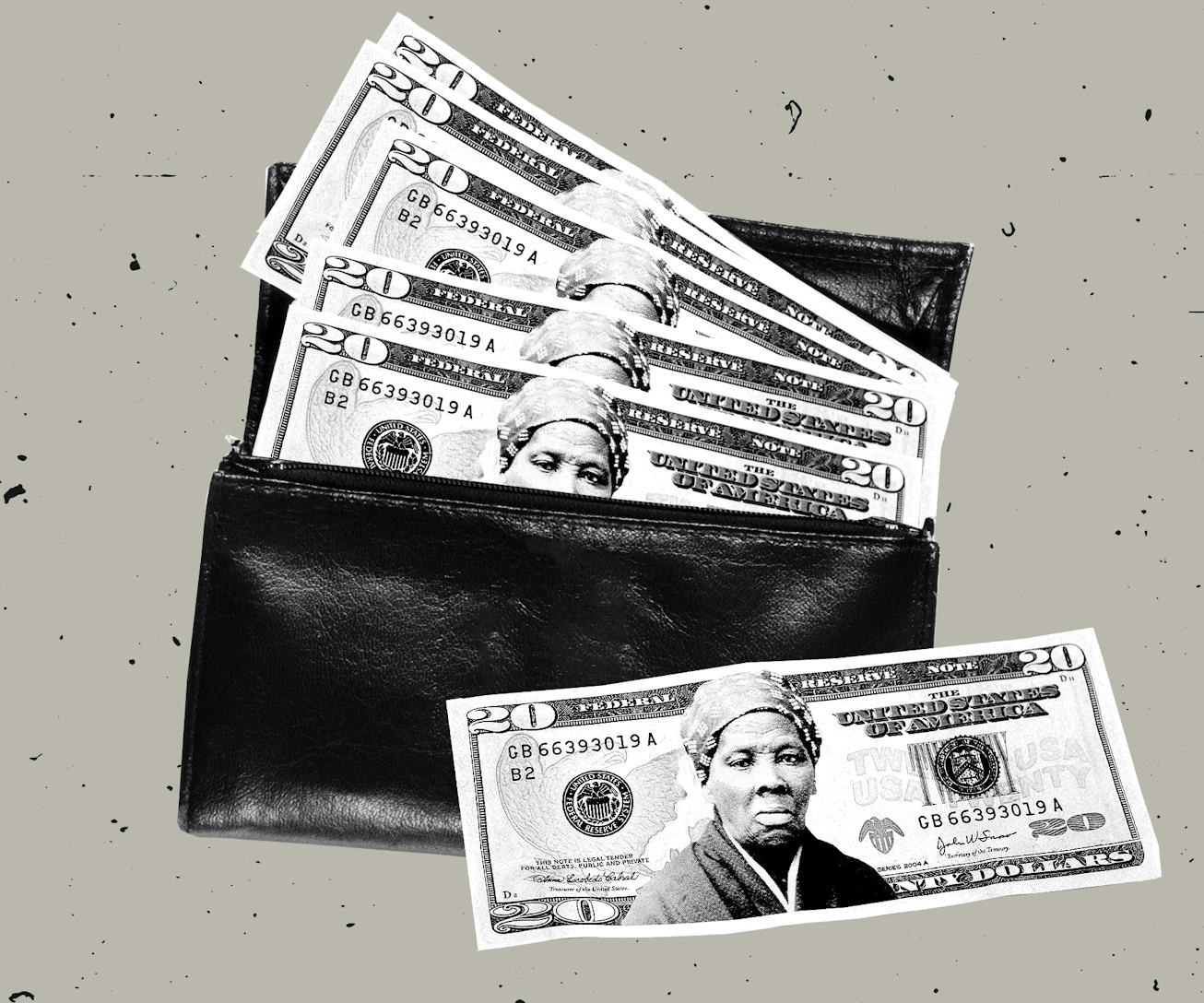
Fashion
You Have The Purchasing Power To Support Black Lives Matter
Open your purse... and redistribute the wealth.
In response to the protests following the deaths of George Floyd, Breonna Taylor, and Ahmaud Arbery, both donating and sharing educational anti-racism resources have become great ways to spread awareness on Black Lives Matter. Another thing we can do is use our purchasing power to support Black-owned businesses and help fight the racial wealth inequality in the U.S.
Federal research shows that in 2016, Black families had a median net worth of $17,100, compared to white households' $171,000. Plus, not only do Black communities account for a disproportionate amount of COVID-19 deaths, country-wide lockdowns have also caused the number of African-American business owners to drastically fall by 40%, according to the Washington Post.
"Black business owners are wealthier than their peers who do not own businesses, and business ownership creates new wealth faster compared to wage employment," noted a 2017 study from the Association of Enterprise Opportunity on Black ownership in America. "At the same time, small businesses tend to hire from the community, creating jobs for neighborhood residents. Therefore, opportunities for Black entrepreneurs to succeed are critical for economic empowerment in Black communities, where currently there is virtually zero liquid wealth, coupled with higher than average rates of unemployment."
If Black-owned businesses thrive, their families and communities can thrive, too. Below, we compiled a few ways to support them, and while this may not be the only solution — as our country is built on a wide range of systemic racist policies that require urgent change — it can at least be a start towards economic change.
Shop Black-Owned Fashion Businesses
It's a fact that the fashion industry is slow to inclusivity, and there have been plenty of instances where some of the world's biggest brands have created products and campaigns that have contributed to stereotyping, appropriation, and racism. Oftentimes, a closer look at the behind-the-scenes team will result in a lack of diversity (especially in leadership roles), and independent Black fashion designers have faced a slew of challenges, from lack of opportunities, resources, and capital to seeing their work copied by both high-end and fast fashion brands. Take a good hard look at your closet. How many pieces were created by a Black designer? If you want to know where to start, we've compiled a few lists of Black-owned fashion brands for you to shop and support now.
It should be in our best interest to support and elevate these Black-owned businesses, and the same practice should apply to big-box retailers, as well. On Saturday, designer Aurora James of Brother Vellies called for major businesses like Sephora, Target, Whole Foods, Net-a-Porter, and more to pledge 15 percent of their shelf space to Black-owned businesses.
"So many of your businesses are built on Black spending power. So many of your stores are set up in Black communities. So many of your posts are seen on Black feeds," wrote James on Instagram. "This is the least you can do for us. We represent 15% of the [population] and we need to represent 15% of your shelf space." (You can sign a petition for the 15 Percent Pledge here.)
Black-owned businesses obviously span beyond fashion, and there are plenty of resources to find out where else you can spend you dollars, too. Photographer Myles Loftin is compiling a list of U.S. businesses divided by category and the app EatOkra will guide you to local Black-owned restaurants, while Fashionista Beauty Director Stephanie Saltzman created a list of Black-owned and founded beauty and wellness brands.
Participate In #BlackoutDay2020 On July 7
While June 2 experienced its own Blackout Tuesday across social media and within the music industry — one that may be doing more harm than good — Texas hip-hop artist and activist Calvin Martyr is organizing #BlackOutDay2020 for July 7, which has no affiliation with #BlackOutTuesday. In fact, it's an economic protest that's been in the works since May 8 and has only accelerated its commitment to spark change since the murder and death of George Floyd. On #BlackOutDay2020, Black individuals, as well as those who want to join in solidarity, are asked to only spend money at Black-owned businesses. With Black people commanding $1.3 trillion in annual buying power, according to Nielsen, this movement will likely showcase how much an impact they have on the economy.
Follow Black-Owned Businesses On Social Media
Our online shopping habits are continually evolving and more likely taking place on social media, thanks to the rise of Instagram and influencer marketing. Following Black-owned businesses, along with Black content creators, can help amplify their online presence.
"Support isn't only monetary — throwing these brands a follow TODAY will not only benefit them but also help to #brownupyourfeed / make your #feedlesswhite," wrote fashion influencer Alyssa Coscarelli in a recent Instagram post that highlighted Black-owned businesses to shop. "It's time for us all to be more mindful about where our dollars are going AND who we’re following, myself included." (The #brownupyourfeed movement was founded by artist Mandy Harris Williams to increase Black representation within our own media consumption habits.)
And while you're at it, keep the content creators and influencers that you do already follow accountable, too. Their large platforms come with social responsibility, and so they should be mindful of what brands they work with and the projects that they take on. Two words: inclusion rider.
If you want to further educate yourself on radical justice and anti-racism, we have a list of books that you can read now, and here's a list of Black-owned bookstores that you can purchase from, as well.
This article was originally published on